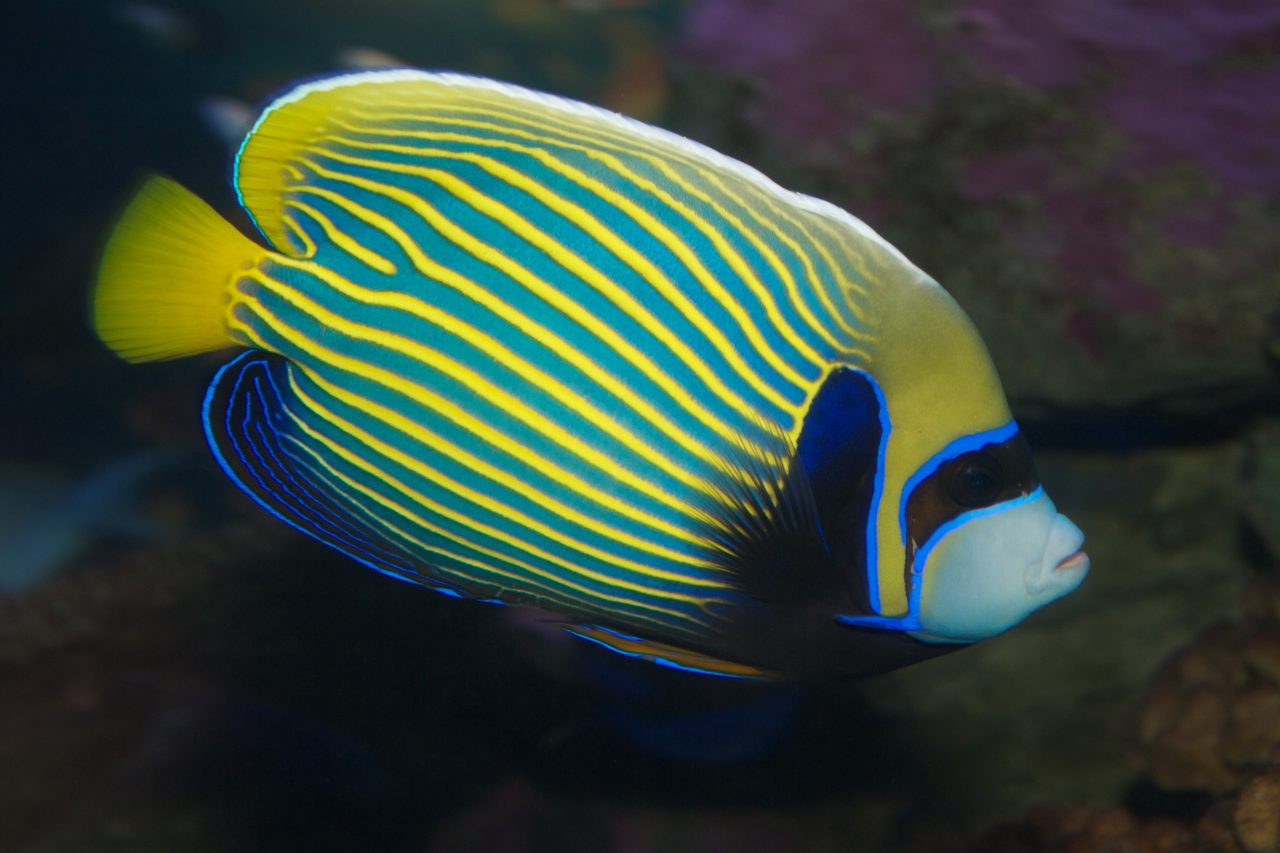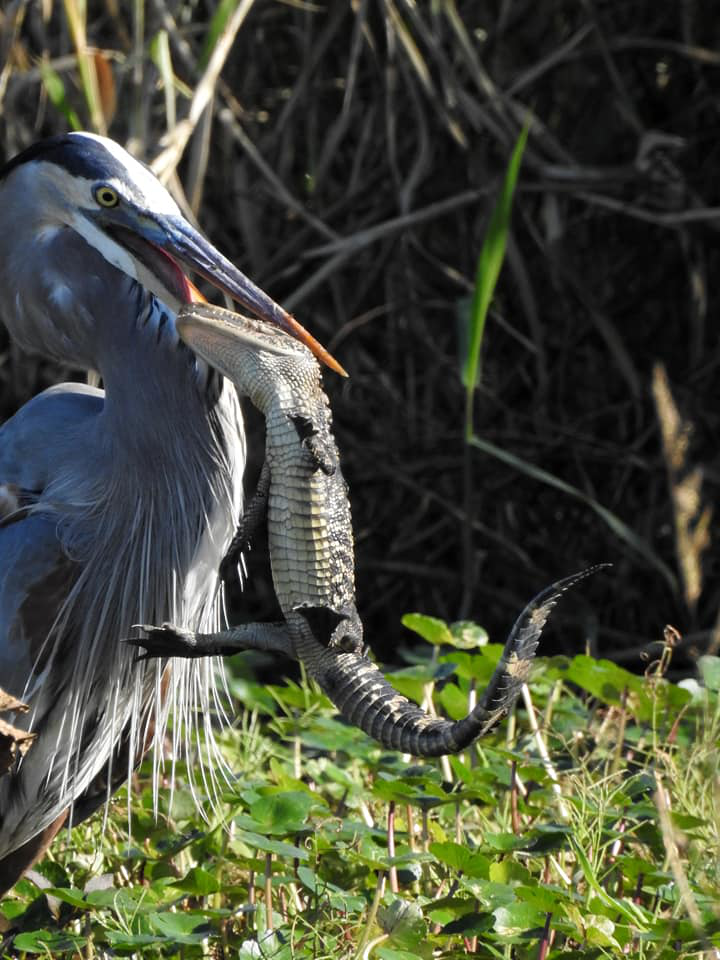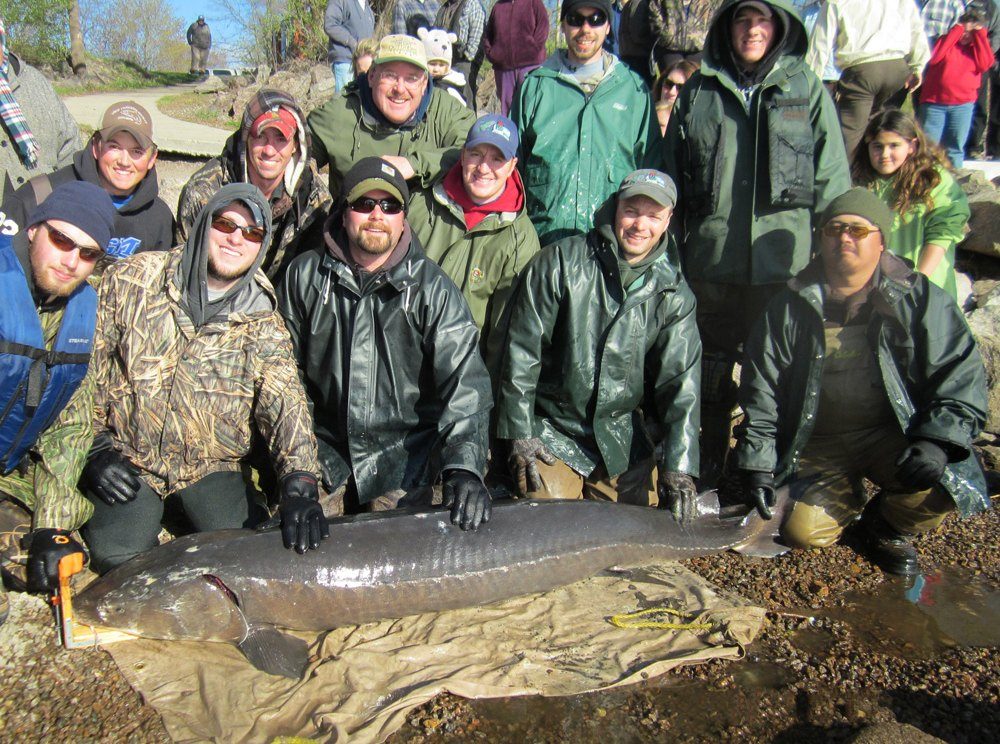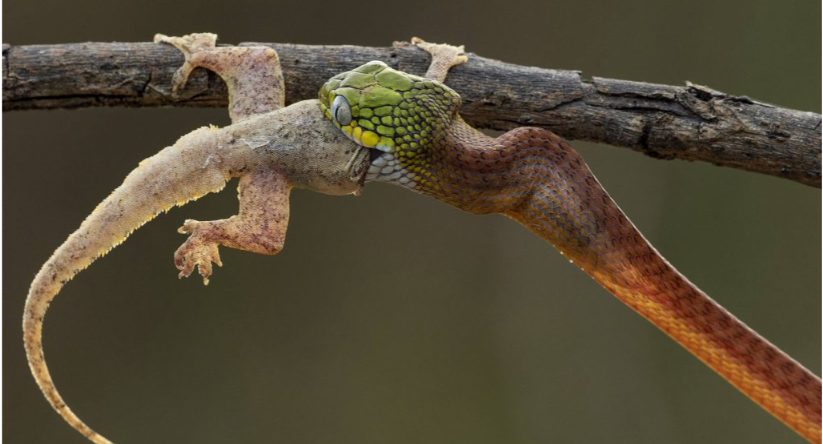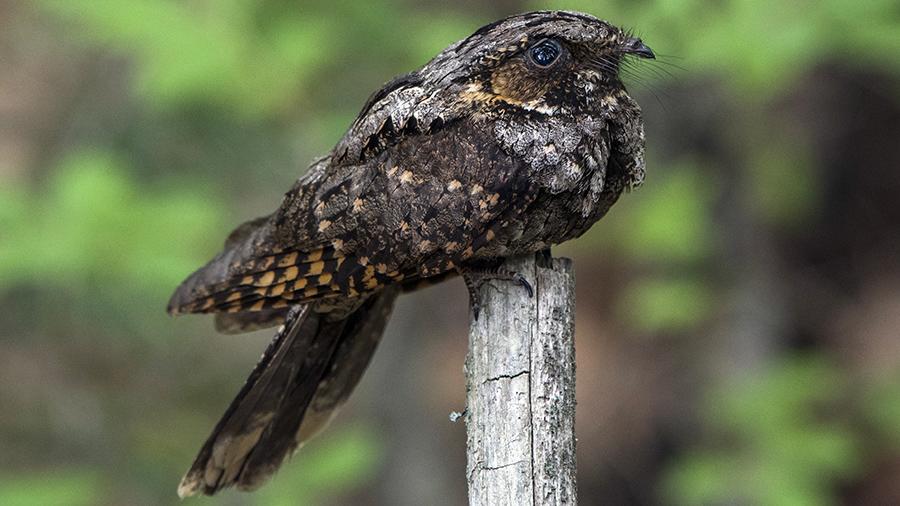
The Eastern Whip-Poor-Will (Antrostomus vociferus) is a nocturnal bird species belonging to the Caprimulgidae family. It is primarily found in North America, ranging from southern Canada to the eastern United States, and down to the Gulf of Mexico.

The Eastern Whip-Poor-Will is a medium-sized bird, measuring about 22-27 cm in length and weighing about 35-65 grams. It has a mottled brown and gray plumage that camouflages it in its forested habitat. Its name comes from its distinctive song, which sounds like “whip-poor-will” and can be heard throughout the night.
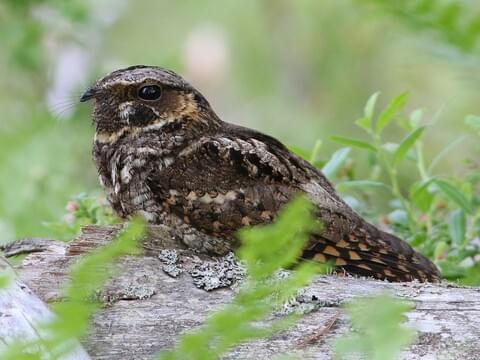
This bird species is primarily active at night and has adapted to its nocturnal lifestyle by having large eyes and a wide mouth lined with bristles. Its diet consists mainly of insects, which it catches in mid-air using its wide mouth.
During the breeding season, male Eastern Whip-Poor-Wills sing to defend their territory and attract females. They build their nests on the ground or in shallow depressions, and females lay 1-2 eggs per clutch. Both parents take turns incubating the eggs and caring for the chicks.
Although the Eastern Whip-Poor-Will is not currently listed as threatened or endangered, its populations have been declining due to habitat loss and fragmentation, as well as pesticide use. Conservation efforts such as preserving forested habitats and reducing pesticide use can help ensure the survival of this beautiful and unique bird species.





